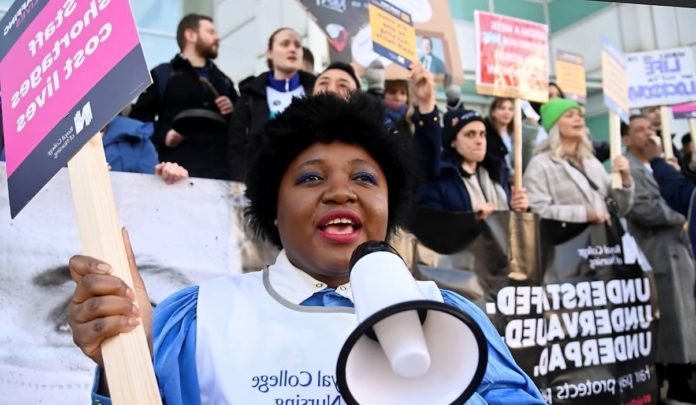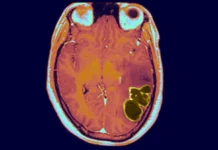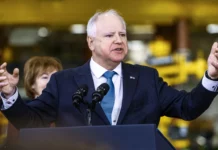Unions Consult Members on Ending Upcoming Industrial Action
A pay agreement has been reached between the UK government and health unions, aiming to put a stop to the largest wave of industrial action the NHS has faced in decades. After weeks of negotiations, the Royal College of Nursing, GMB, and Unison, along with the Chartered Society of Physiotherapists and the British Dietetic Association, have recommended that their members accept an offer that is significantly below their original aspirations but represents a considerable improvement on earlier terms.
New Payment Structure for Health Workers
The new agreement offers health workers in England a non-consolidated payment worth 2% of their wages in 2022-23, along with a bonus of at least £1,250, depending on pay band and experience. In 2023-24, a consolidated pay award of 5% will be provided, with a larger increase for the lowest paid employees.
The industrial action, which began in December, has resulted in the cancellation of tens of thousands of appointments and surgeries across the NHS. Health leaders had been concerned that a more generous offer would further strain limited budgets.
The government confirmed that there would be “no impact on frontline services or the quality of care that patients receive as a result of this pay offer.” However, no new funding for public sector pay was announced in the recent Budget.
Pay Agreement Concerns and Future Negotiations
Matthew Taylor, head of the NHS Confederation, expressed concerns about the details of the agreement and its funding. He urged the government not to fund the award from already stretched NHS budgets, as it would be detrimental to patients.
Although Unite, representing some ambulance workers on strike, did not recommend the offer to members, the 5% uplift offered for 2023-24 means that NHS staff would recover some of this year’s losses if inflation falls to 2.9% by year’s end, as forecasted by the Office for Budget Responsibility.
The agreement also includes progress on safe staffing measures, a new pay structure for nursing, support for newly qualified staff, and pensions.
Although the agreement resolves one of the most damaging public sector pay disputes, separate negotiations with junior doctors belonging to the British Medical Association and the Hospital Consultants and Specialists Association have not yet shown progress. Doctors are currently on the third day of a 72-hour industrial action and have so far refused to enter talks with Health Secretary Steve Barclay.








